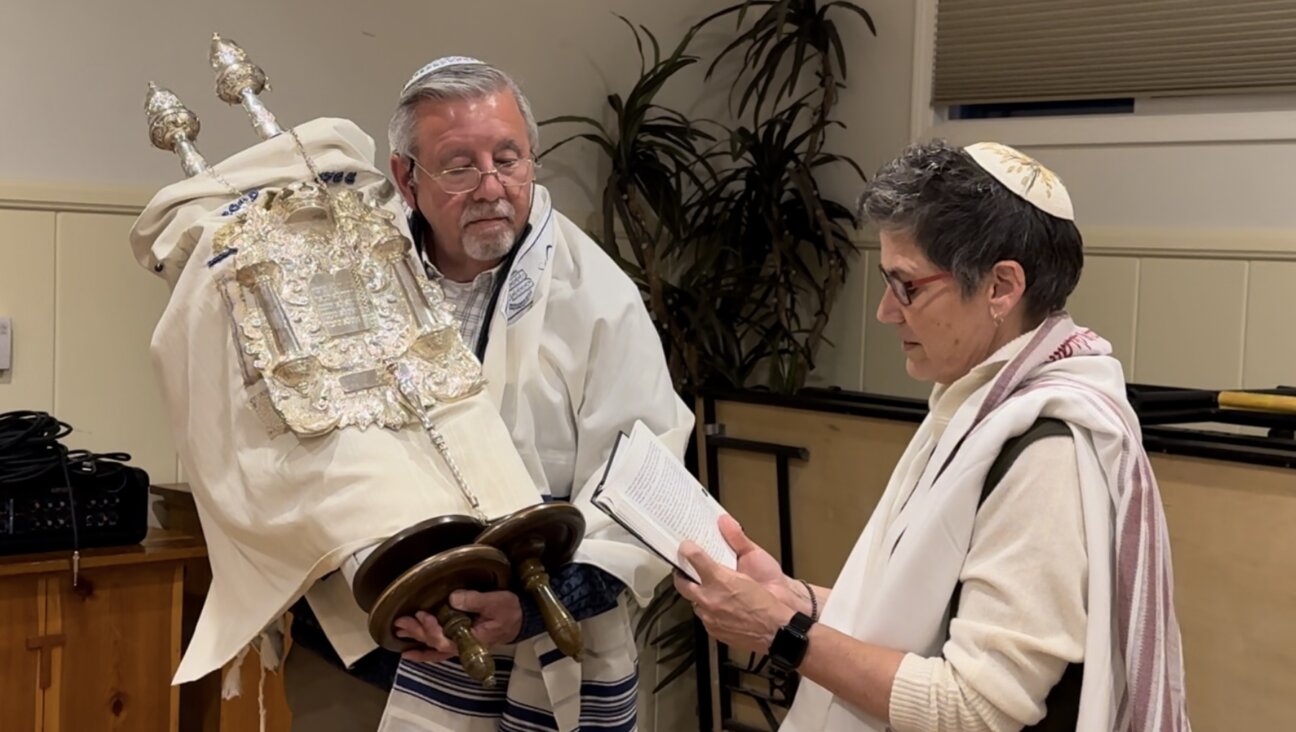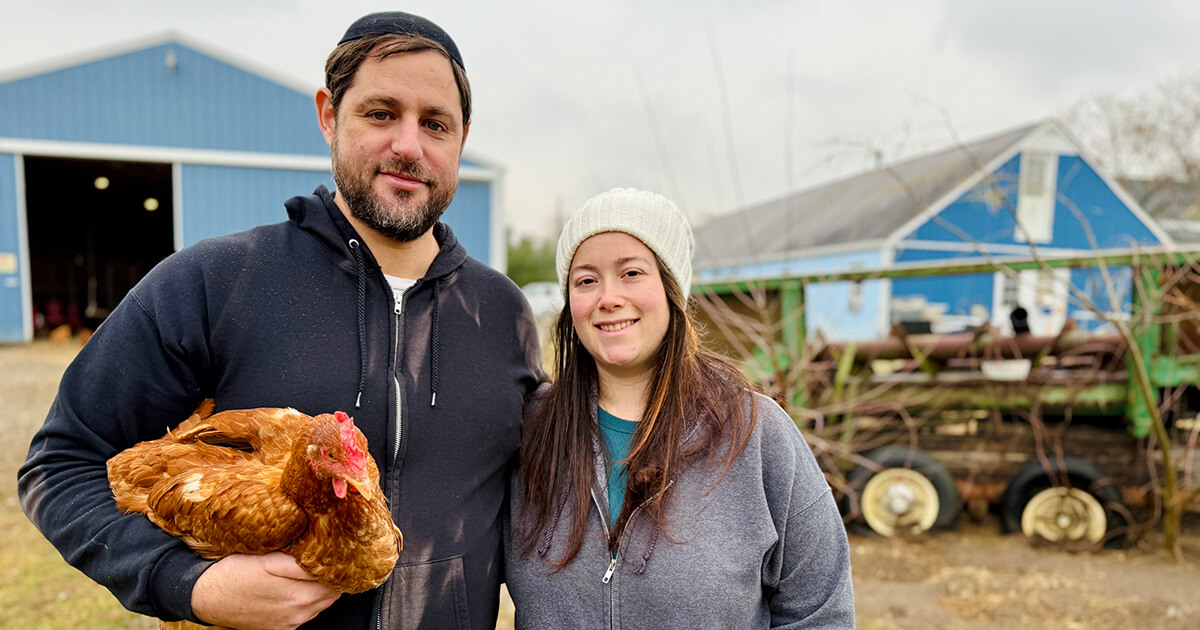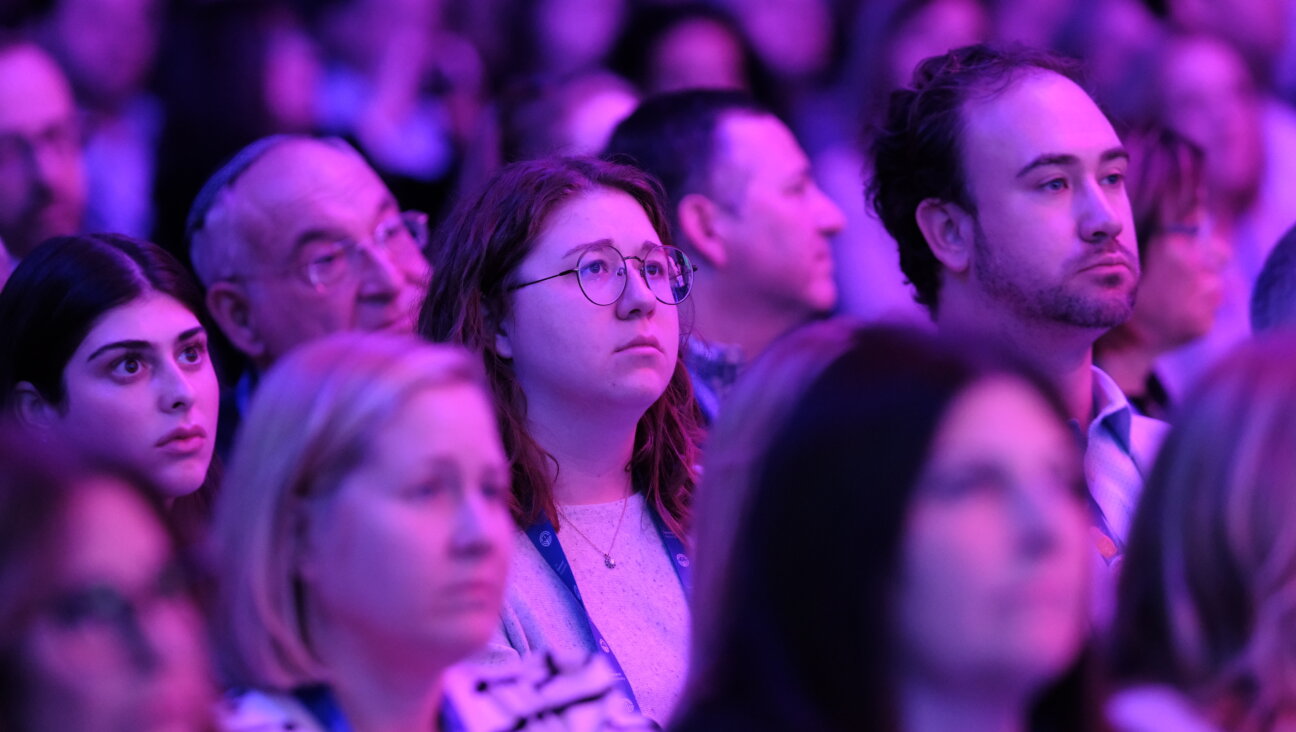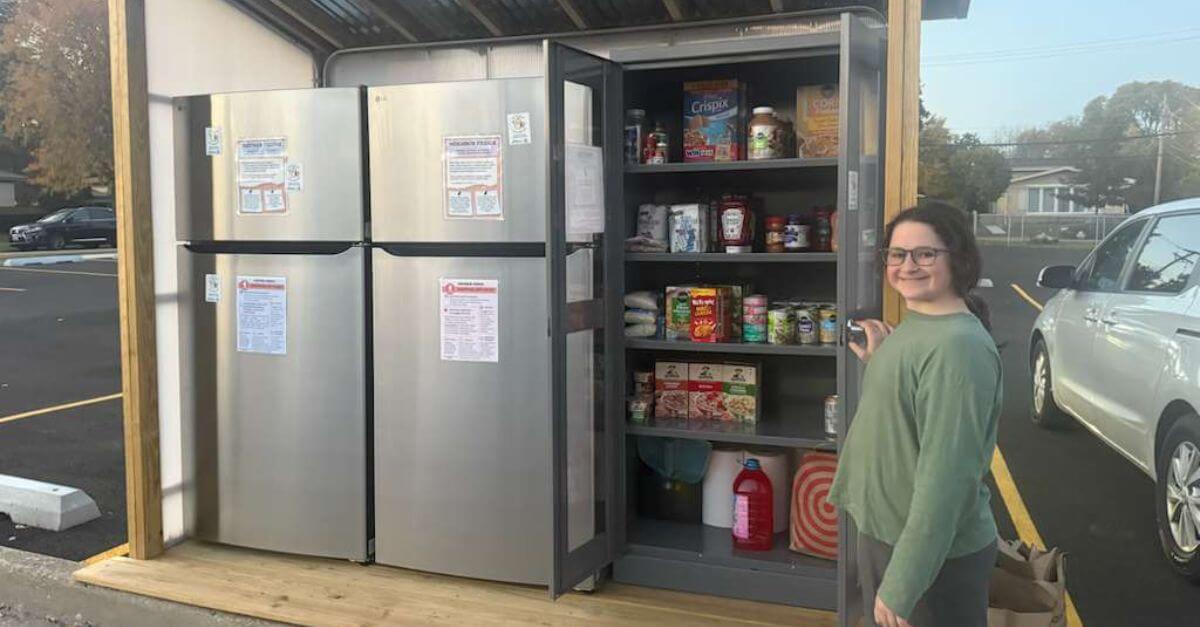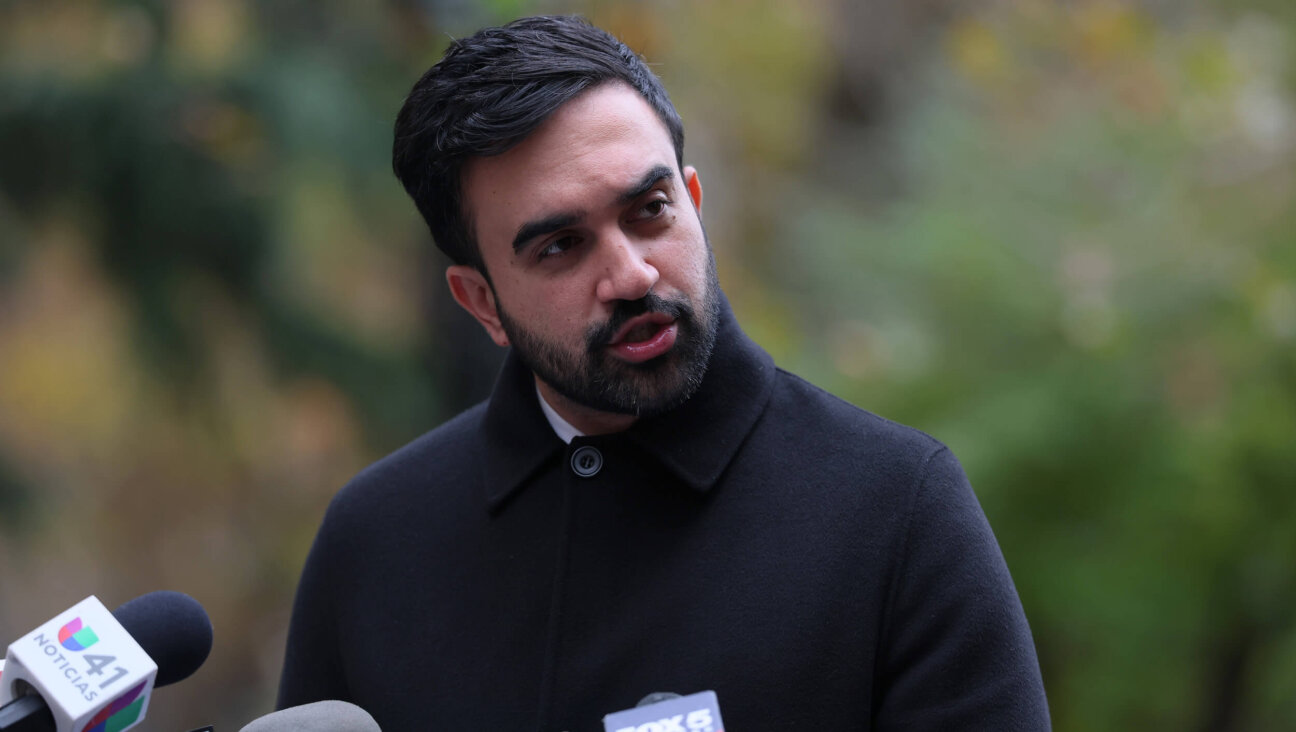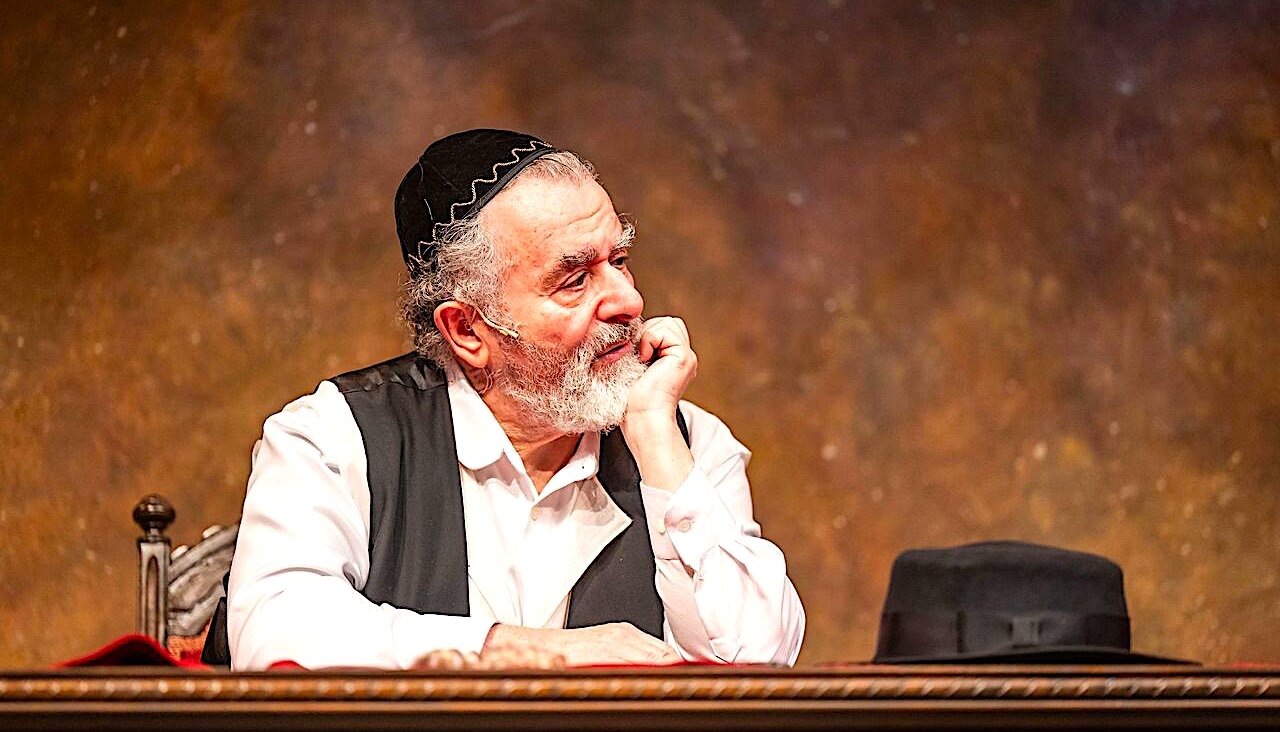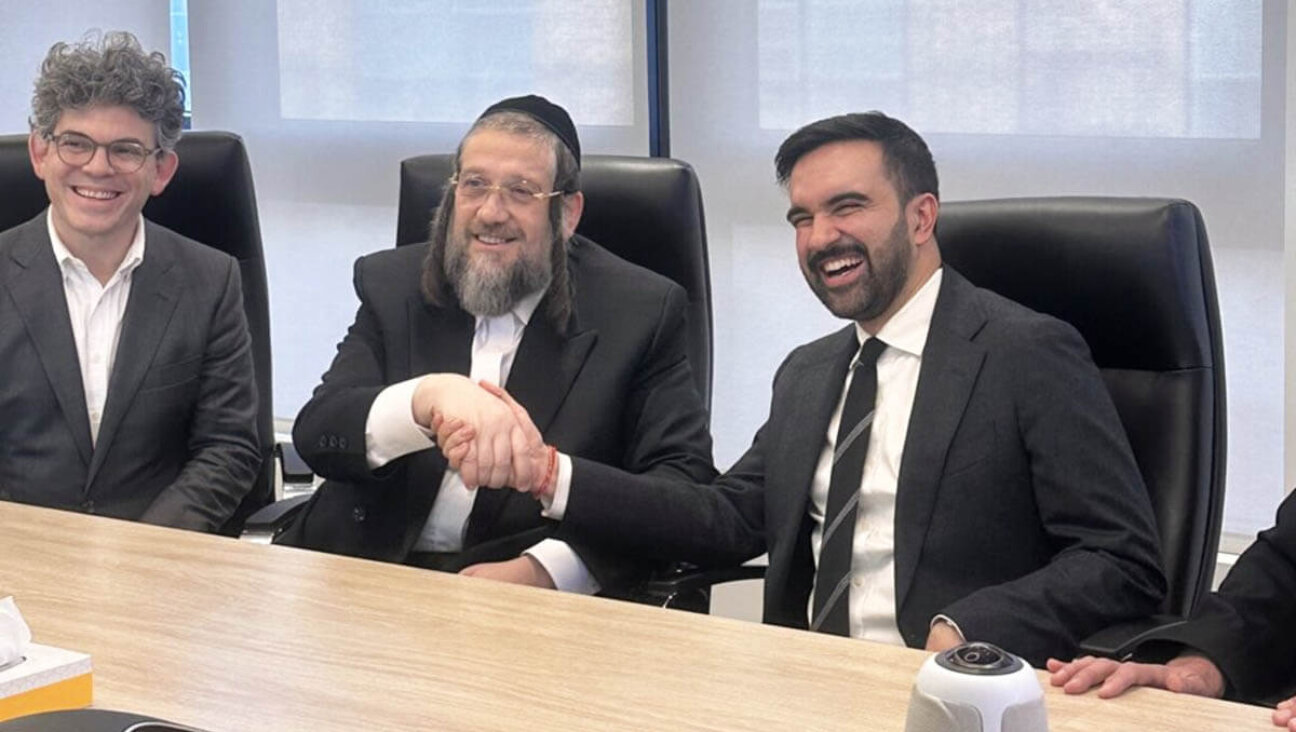Will Conservative Day Schools Survive?
If a newly proposed Hebrew-language charter school opens in Brooklyn, its longest shadow may be cast on a nearby school that is, in some respects, already the borough’s Little Engine That Could.
Several years ago, the East Midwood Hebrew Day School — a kindergarten through eighth grade academy that is Brooklyn’s only Conservative day school — was hanging by a thread, with an enrollment that had dropped to just 99 students from a peak of more than 400. But buoyed by the arrival of a new principal, the school has recently updated its curriculum and facilities and launched an aggressive new outreach program. Administrators now expect to welcome more than 180 children in September, some of them drawn from south Brooklyn’s Israeli and Russian communities.
Now, with a Hebrew-centered public school being proposed for the same area — District 22 in south Brooklyn — some Jewish observers are worried about the impact of the new project. While Hebrew charter schools backers, including mega-philanthropist Michael Steinhardt, view them as a powerful new tool for strengthening Jewish identity, others worry that they could pose a unique competitive challenge for existing Conservative day schools, some of which are already struggling to retain students.
“Whatever the justification for charter schools, Brooklyn isn’t the place for one,” said Marvin Schick, a senior educational consultant for the philanthropic organization Avi Chai Foundation, which promotes Jewish education and identity. “If Michael Steinhardt or others want to establish charter schools, they should go [to places] where the Conservative movement has already downsized.”
Seen in this light, the burgeoning charter school movement could turn out to be still another drag for the Conservative movement’s schools, which in some areas are finding themselves outflanked by Orthodox schools on the right, and pluralistic community day schools on the left. While the total number of students in Conservative day schools has dropped in recent years, other segments of the day school population have grown.
Overall, 205,000 students ages 4 and up attended Jewish day schools during the 2003-2004 school year, with a total enrollment increase of 11% over the 1998-1999 academic year, according to a study conducted by Avi Chai. At the same time, enrollment at Conservative day schools has declined, with nearly 17,829 students during the 2006-2007 academic year, as compared with 20,386 in 2000-2001 — a drop of more than 12%. (Reform day schools, attended by about 5,000 students across the country, have held their numbers steady in recent years.)
According to Elaine Cohen, associate director of the Solomon Schechter Day School Association, the umbrella organization for Conservative movement schools, more than half of the recent enrollment dip can be attributed to the fact that at least six academies — including those in Providence, R.I.; Morris County, N.J., and Worcester, Mass.— have in recent years left the Conservative movement and transformed themselves into Jewish community day schools. Unlike Conservative day schools, community day schools have no barriers to enrollment based on the faith of the parents or on religious practices in the home.
To be sure, the future of Conservative day schools is bright in many areas. Conservative day schools are flourishing in many parts of the country, with more than a dozen undertaking building projects in recent years, and new schools opening in Las Vegas and in Boca Raton, Fla. Still, out of the roughly 60 schools that belong to the Conservative movement, as many as a dozen may be struggling, according to Schick. The painfully sudden closure of the Metropolitan Schechter High School in Teaneck, N.J., in August 2007, has underscored the difficulties that continue to plague schools in the country’s biggest day school catchment area, the New York metro region, where tuitions are especially high and competition for communal dollars is often fierce.
Now, competition for students and dollars is likely to grow only more intense, as Steinhardt and others attempt to expand the Hebrew charter movement from the seed of one currently existing school, the one-year old Ben Gamla Charter School in Hollywood, Fla., into an eventual nationwide network.
Alese Gingold, a 30-year veteran of the New York City public school system who took the reins of the East Midwood Hebrew Day two years ago, declined to comment on the possibility of a Hebrew-focused public school opening a stone’s throw away from her school.
But Gingold said the high cost of tuition is her biggest barrier to enrolling more children, especially within a community more prone to view a day school education as a positive choice than as a necessity.
“I would just like a major donor to adopt us,” Gingold told the Forward. “One of the biggest challenges today is the economy, and very often when people are Conservative Jews, they think they can get by with a public school.”
